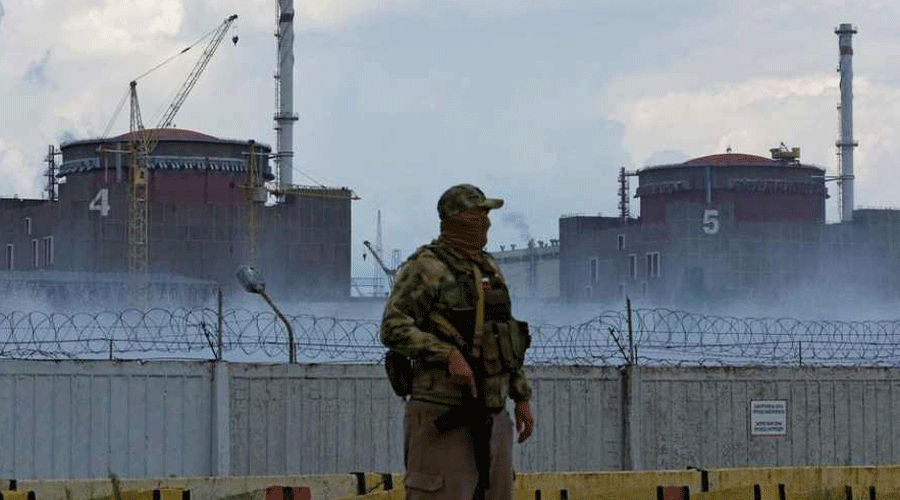A strange thing happened with smartphones in Armenia last summer.
Shipments from other parts of the world into the tiny former Soviet republic began to balloon to more than 10 times the value of phone imports in previous months. At the same time, Armenia recorded an explosion in its exports of smartphones to a beleaguered ally: Russia.
The trend, which was repeated for washing machines, computer chips and other products in a handful of other Asian countries last year, provides evidence of some of the new lifelines that are keeping the Russian economy afloat. Recent data show surges in trade for some of Russia’s neighbors and allies, suggesting that countries like Turkey, China, Belarus, Kazakhstan and Kyrgyzstan are stepping in to provide Russia with many of the products that western countries have tried to cut off as punishment for Moscow’s invasion of Ukraine.
Those sanctions — which include restrictions on Russia’s largest banks along with limits on the sale of technology that its military could use — are blocking access to a variety of products. Reports regularly filter out of Russia about consumers frustrated by high-priced or shoddy goods, ranging from milk and household appliances to computer software and medication, said Maria Snegovaya, a senior fellow for Russia and Eurasia at the Center for Strategic and International Studies, in an event at the think tank this month.
Even so, Russian trade appears to have largely bounced back to where it was before the invasion of Ukraine last February. Analysts estimate that Russia’s imports may have already recovered to prewar levels, or will soon do so, depending on their models.
In part, that could be because many nations have found Russia hard to quit. Recent research showed that fewer than 9 per cent of companies based in the EU andG7 nations had divested one of their Russian subsidiaries. And maritime tracking firm shave seen a surge in activity by shipping fleets that may be helping Russia to export its energy, apparently bypassing western restrictions on those sales.
While western countries have not banned the shipment of consumer products like cellphones and washing machines to Russia, other sweeping penalties were expected to clamp down on its economy. Some companies, including H&M, IBM, Volkswagen and Maersk, halted operations in Russia after the invasion. But the Russian economy has proved surprisingly resilient, raising questions about the efficacy of the West’s sanctions. Countries have had difficulty reducing their reliance on Russia for energy and other basic commodities, and the Russian central bank has managed to prop up the value of the rouble and keep financial markets stable. On Monday, the IMF said it now expected the Russian economy to grow 0.3 per cent this year, an improvement from its previous estimate of a2.3 per cent contraction.
New York Times News Service

